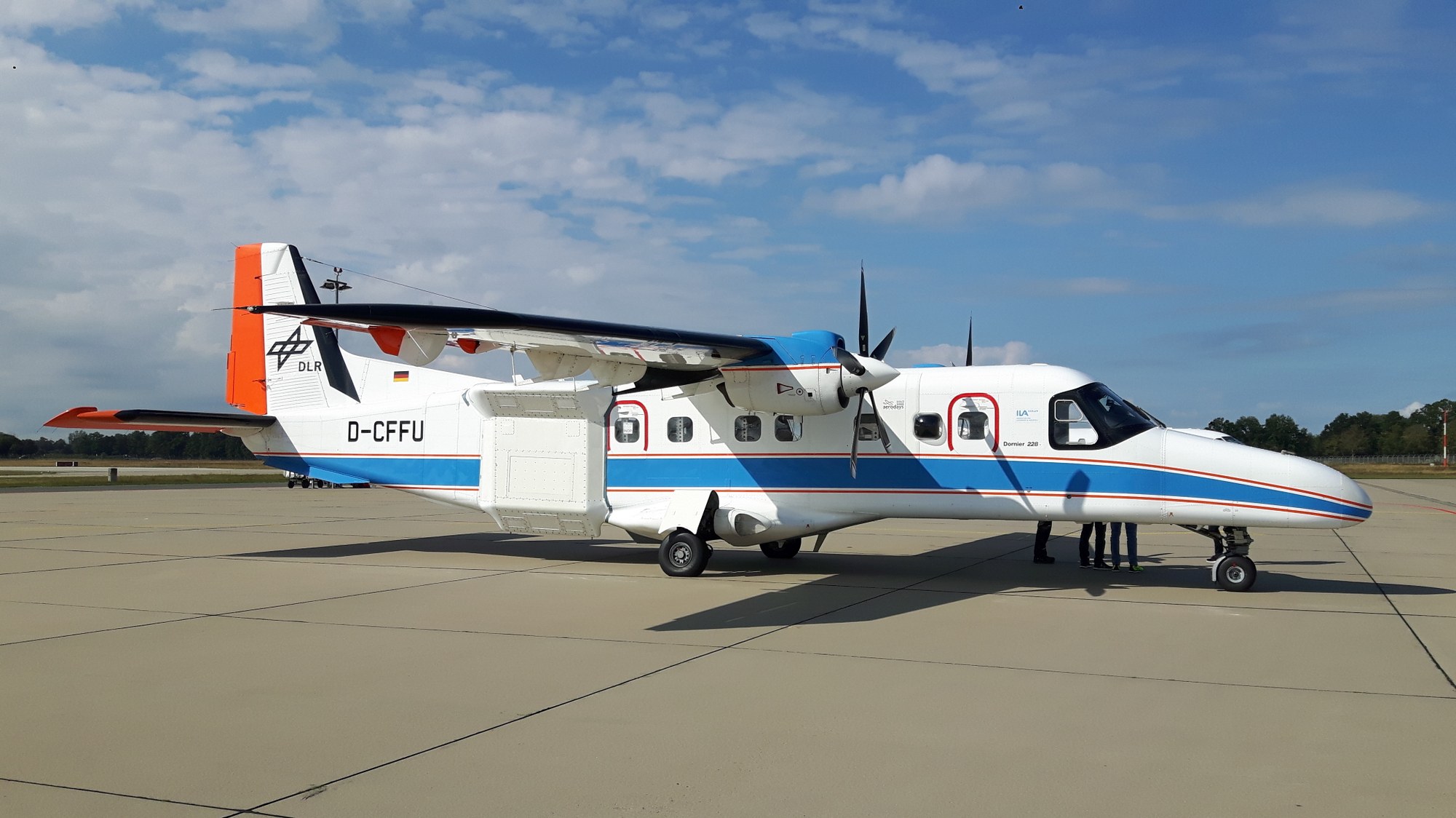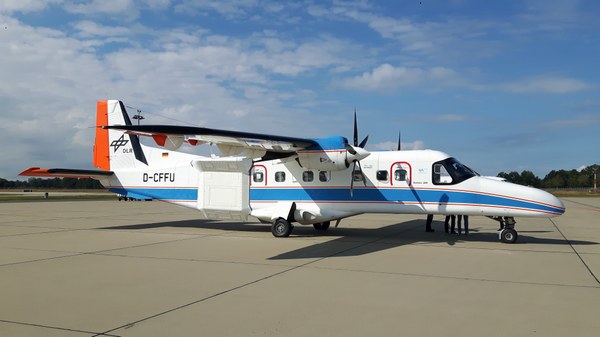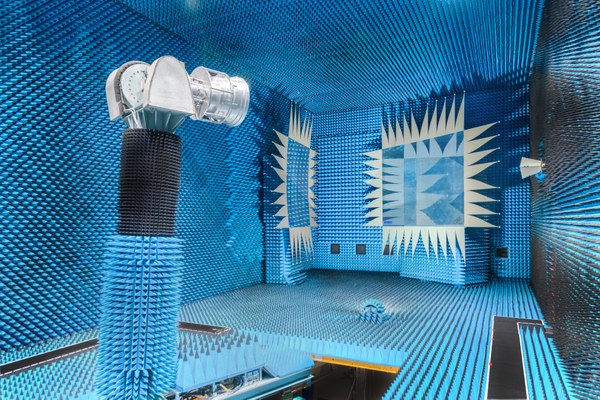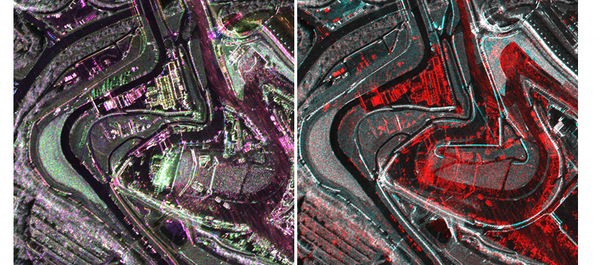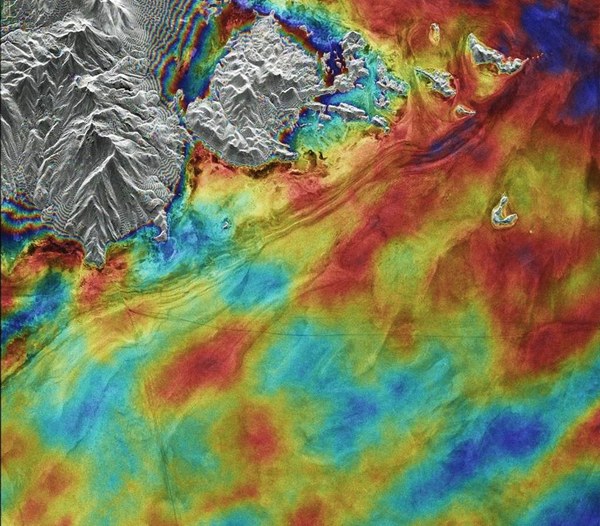Airborne SAR Missions
The Airborne SAR group is responsible for the organization and execution of test and measurement flights and large scale scientific flight campaigns with the Institute’s airborne SAR sensors. The group is also responsible for operating and maintaining the airborne SAR calibration test site, as well as organizing the external sensor calibration during scientific flight campaigns.

